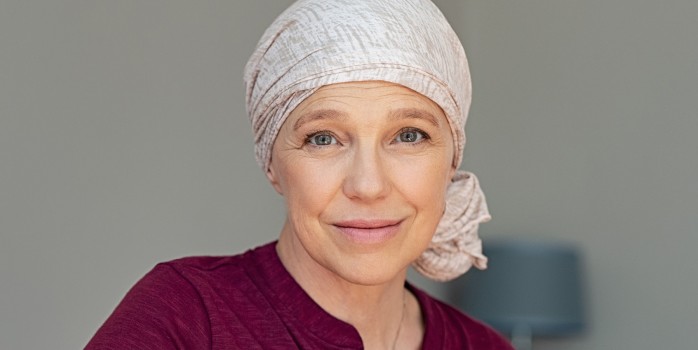COVID-19 has shone a spotlight on the significant barriers to affordable health care that cancer patients have long faced. While relief packages and proposals to date have worked to address affordability of COVID-specific testing and treatment, policymakers must also tackle hurdles that cancer patients face like removing the red tape of prior authorization and step therapy, reducing out-of-pocket costs, and ensuring cost-sharing assistance directly benefits patients. There has been a great deal of research and investment in effective therapies that allow people fighting cancer to survive and live longer. Cancer patients need Congress to act quickly to remove hurdles to quality care.

